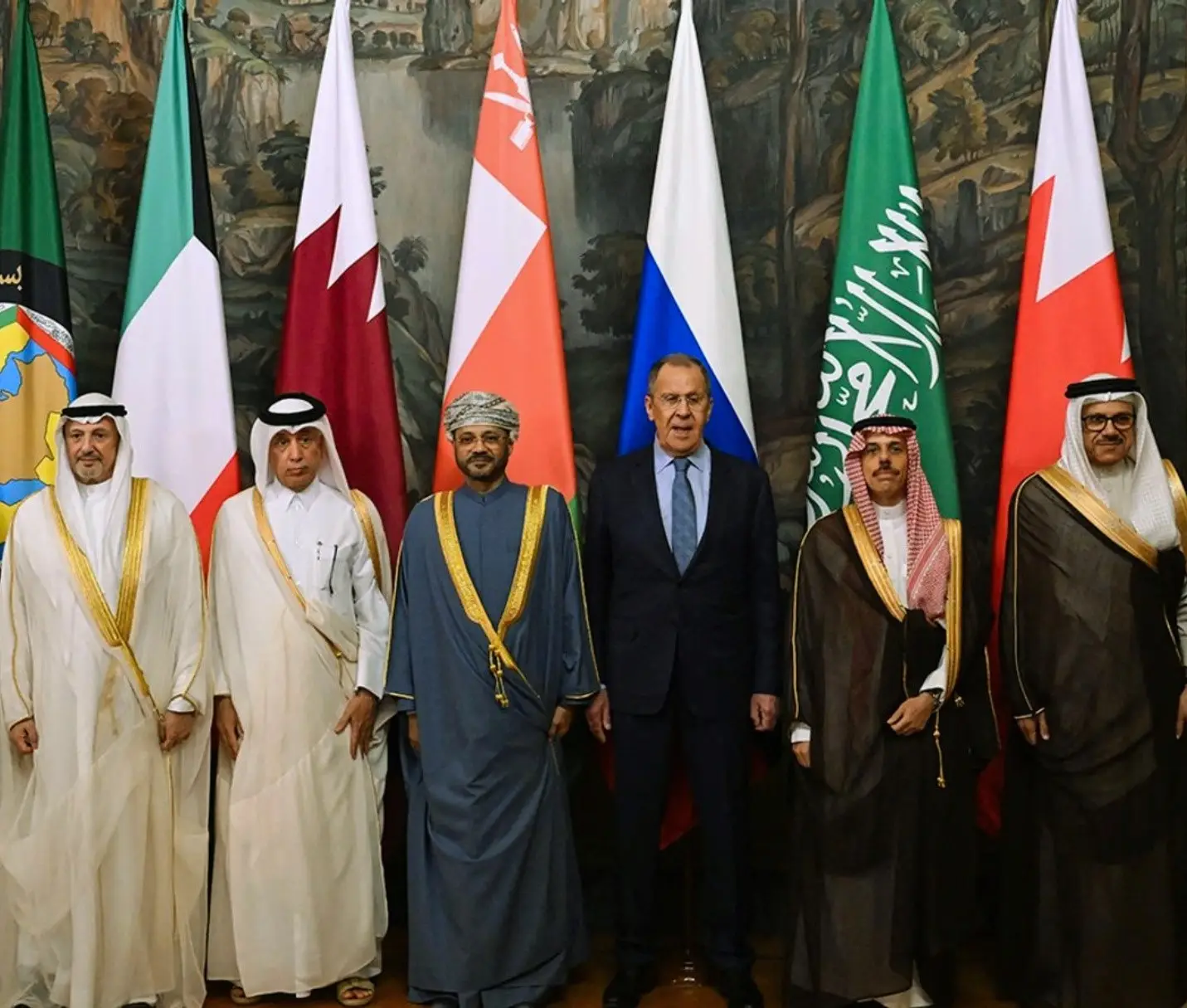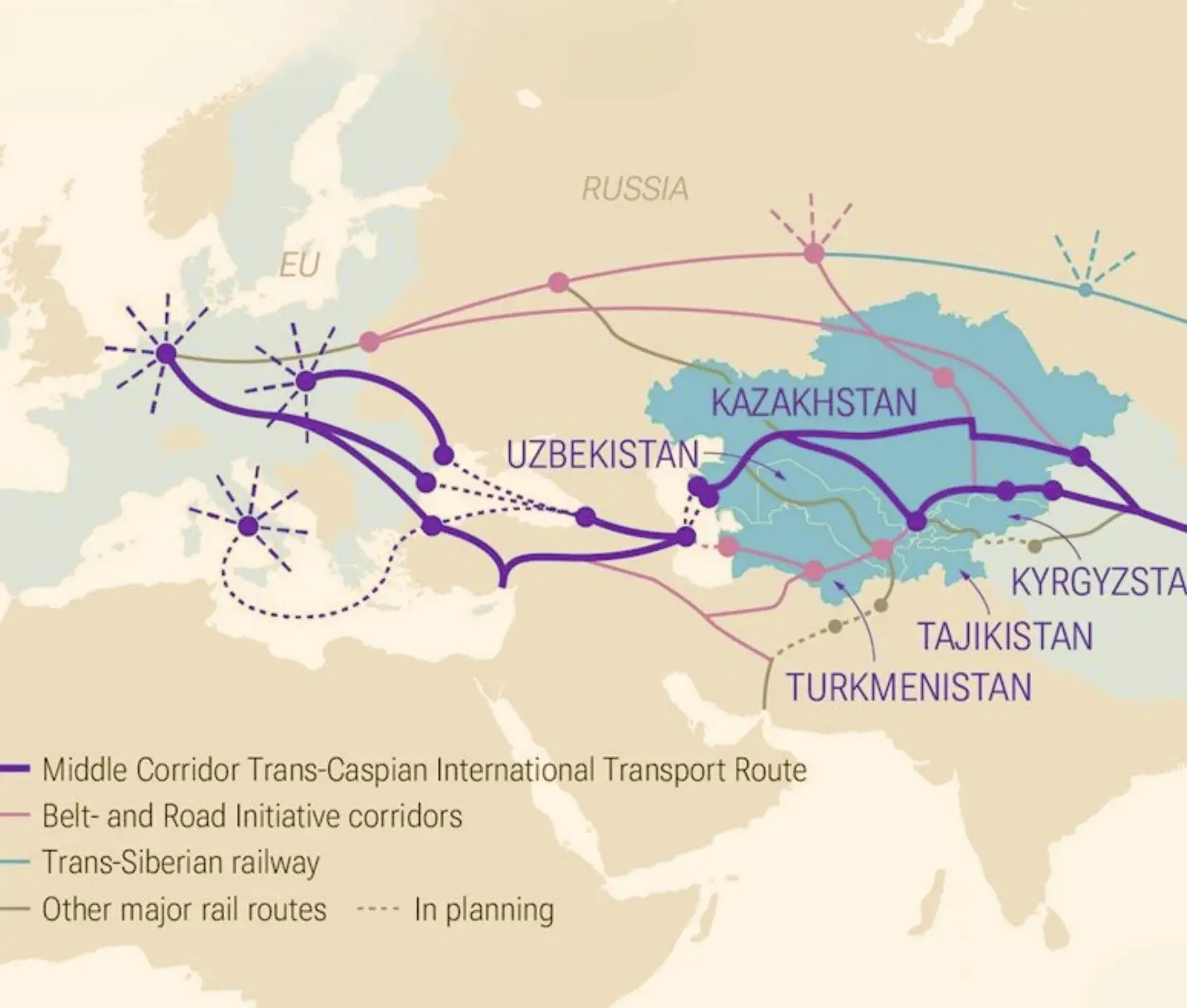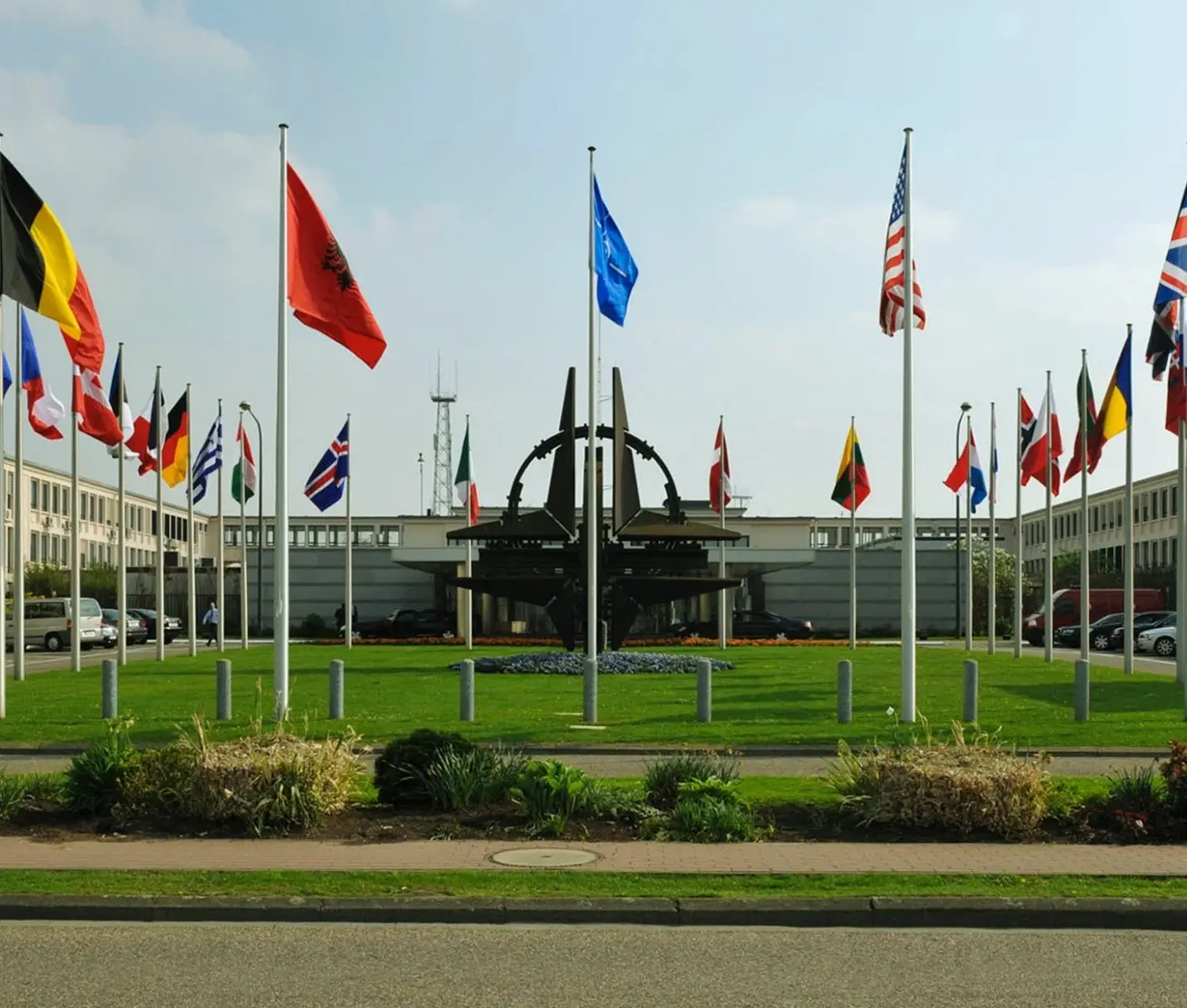The United States has embarked on a path to modernize and expand its nuclear arsenal, at an estimated cost of $1.7 trillion over 30 years. This astronomical spending is unlikely to enhance Americans’ security and may well undermine it by accelerating a looming nuclear arms race. Policies that sound tough, but undermine strategic stability, do not enhance national security. The decision to continue the current course is being driven by serious misconceptions about the importance of nuclear superiority. At best, current plans commit U.S. taxpayers to costly weapons programs including the development of new tactical nuclear weapons that do little to further real deterrence. At worst, the drive for an “all-of-the-above” supremacy approach to U.S. nuclear strategy, with an increased focus on weapons meant to fight and win a nuclear war, will only stoke the fires of the global nuclear arms race while lowering the threshold for nuclear use. Ultimately, such policies would cast aside President Ronald Reagan’s wise conclusion that “a nuclear war cannot be won and must never be fought.” Thus, reversing these trends is essential to maintain U.S. deterrence and global strategic stability while preventing a further slide toward nuclear misadventure, miscalculation, or madness.
The explicit focus is discrete capabilities that require sustaining a credible nuclear deterrent. Amidst severe fiscal constraints, including a massive and growing public debt, spending on nuclear weapons draws resources away from conventional forces and missions. The intercontinental ballistic missile (ICBM) leg of the nuclear triad is particularly ripe for scrutiny, especially because the Sentinel missile program is grossly over budget and behind schedule.
Policymakers contemplating the various rationales offered in support of nuclear modernization should: First, commit to a legitimate sole-purpose, “deterrence-first” nuclear approach, focused on a secure second-strike submarine capability during the next ten years; Second, challenge the assumption that new tactical nuclear systems and platforms are needed because the advocates for these programs have failed to show how they enhance U.S. security and have ignored the discrimination and escalation risks; and finally, reaffirm the U.S. commitment to forego future explosive nuclear testing. A decision to break the current moratorium on explosive nuclear testing would give a green light to other nuclear weapons states to do the same, ceding a significant strategic advantage to U.S. rivals.
The United States indeed, any country has nothing to gain from a world where the risk of nuclear war has risen. Therefore, U.S. lawmakers should reject policies that might make that outcome more likely, especially if such policies are based on claims about the declining efficacy of nuclear deterrence in favor of a belief in the value of nuclear supremacy, a concept that has never been tested and never should be. United States and the world came close to the brink of nuclear disaster on more than one occasion during the Cold War. Learning from that experience, U.S. policymakers should commit to preventing an unconstrained nuclear arms race that would do little to make Americans, U.S. allies, or the world, any safer.






